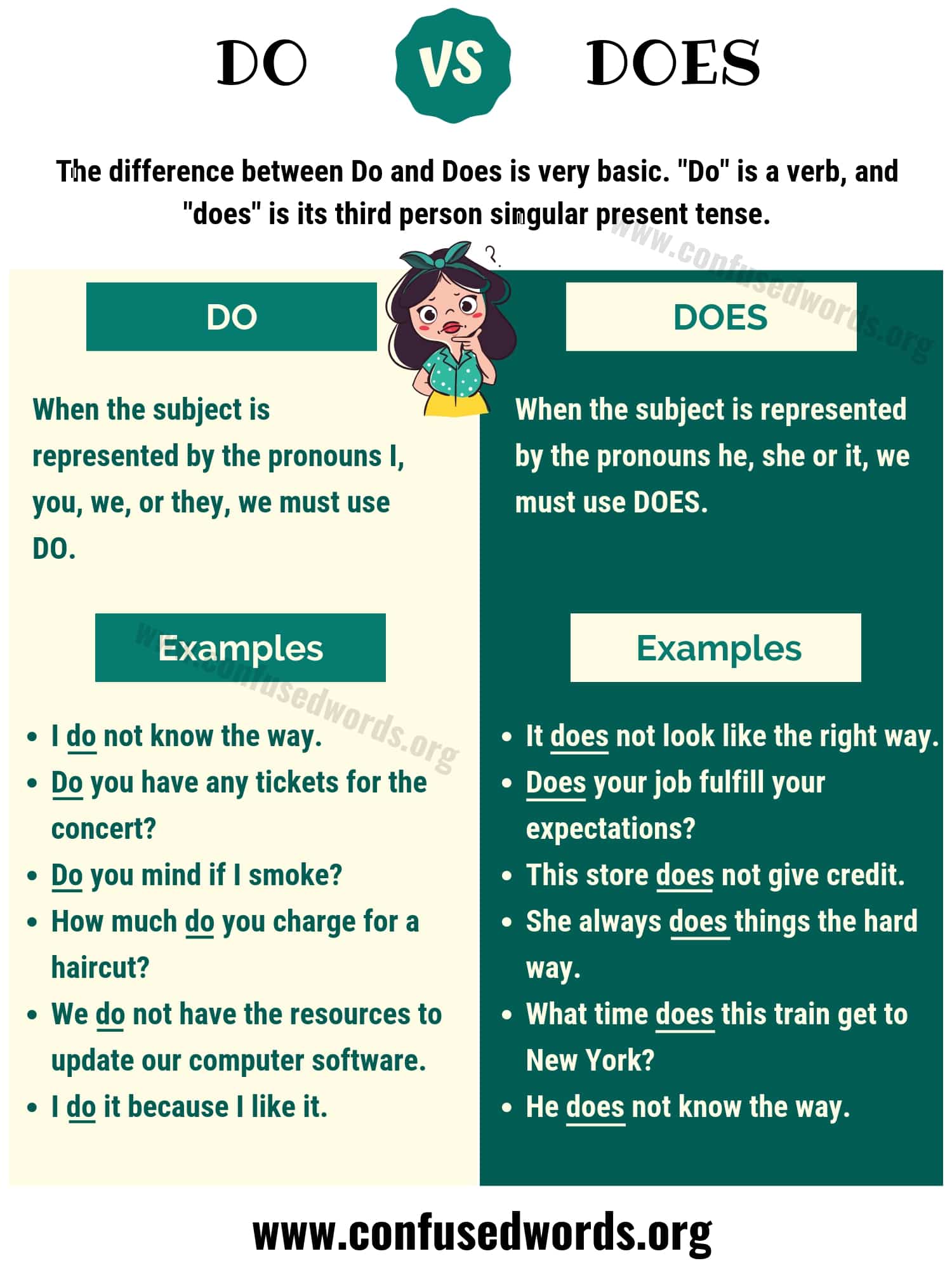Unlocking the Secrets of Aging Well: How to Maintain Skills and Health Beyond the Average
Introduction: What Does It Mean to Age Well?
Aging is a universal experience, but not everyone follows the same pattern. Some individuals maintain their physical health, mental sharpness, and social involvement far longer than average. This phenomenon is often called successful aging or aging well . Understanding what sets these individuals apart-and how you can follow their example-can help you enjoy a more vibrant, independent, and fulfilling later life. [1]
Defining the Pattern: What Is Successful Aging?
The concept of successful aging was first outlined by researchers Rowe and Kahn, who described it as a pattern characterized by:
- Maintaining physical and cognitive abilities
- Minimizing disease and disability
- Staying actively engaged with life and society
This model distinguishes between “usual aging”-the typical decline in function with age-and “successful aging,” where loss is minimized and individuals remain healthier and more capable than their peers. [2] However, newer perspectives stress that aging well is a spectrum, not a strict pass/fail category. Many people can experience elements of successful aging even if they face certain health challenges. [1]
The Three Pillars of Aging Well
1. Physical Health and Function
Maintaining physical health is crucial for aging well. Those who age successfully often have lower rates of chronic disease, remain mobile, and can perform daily tasks independently. Strategies to support physical health include:
- Regular physical activity, such as walking, swimming, or strength training
- Balanced nutrition with a focus on fruits, vegetables, lean proteins, and whole grains
- Routine health screenings and preventive care
- Managing chronic conditions through medication, therapy, or lifestyle changes
Case studies show that older adults who engage in daily movement and maintain healthy diets experience fewer falls, better mobility, and greater independence. For tailored programs, contact your local senior center or healthcare provider for resources on fitness and nutrition for older adults. [3]
2. Cognitive and Psychological Well-being
Successful agers tend to keep their minds sharp and maintain a positive outlook. Cognitive and psychological health can be supported by:
- Lifelong learning-taking classes, reading, or learning new skills
- Engaging in mentally stimulating activities such as puzzles, games, or creative hobbies
- Managing stress through mindfulness, meditation, or counseling
- Maintaining a sense of purpose, whether through volunteering, work, or personal projects
Studies suggest that older adults who remain intellectually engaged are less likely to develop dementia and report higher satisfaction with life. [2] Local libraries, community colleges, and lifelong learning institutes often offer affordable programs for seniors. To find options, search for “lifelong learning programs for seniors” along with your city or county.
3. Social Engagement and Support
Staying connected to family, friends, and the community is a key predictor of long-term health and happiness in older adults. Social engagement can take many forms:

Source: studocu.com
- Participating in clubs, faith communities, or volunteer groups
- Maintaining regular contact with loved ones through visits, calls, or digital platforms
- Seeking new friendships and support networks, especially after major life changes
Individuals with strong social ties are less likely to experience depression and more likely to recover from illness or setbacks. Many local organizations, such as senior centers or Area Agencies on Aging, provide information and assistance on connecting with social activities and support groups.
Alternative Models: Psychological Well-being and Self-Determination
While the classic model of successful aging emphasizes health and function, some researchers highlight the importance of psychological well-being. [2] Psychologist Carol Ryff’s model identifies six domains for aging well:
- Self-acceptance
- Positive relationships
- Autonomy
- Environmental mastery
- Purpose in life
- Personal growth
This approach suggests that even those facing health challenges can age successfully by nurturing psychological resilience, adapting to changes, and seeking meaning in later life. Consider counseling or support groups if you need help building these capacities.
Step-by-Step Guide to Aging Well
- Assess Your Current Health and Lifestyle : Schedule an annual checkup with your primary care provider. Review your physical activity, diet, mental health, and social engagement.
- Set Realistic Goals : Identify areas you want to improve, such as increasing physical activity or engaging more with your community.
- Find Local Resources : Contact your local Area Agency on Aging or senior center for information on classes, volunteering, transportation, and social events.
- Maintain Preventive Care : Stay up-to-date with vaccines, screenings, and recommended checkups. Ask your doctor about age-appropriate preventive measures.
- Foster Social Connections : Reach out to friends, join local clubs or virtual groups, and consider intergenerational activities.
- Keep Learning and Exploring : Sign up for classes, pursue hobbies, or volunteer for causes important to you.
- Monitor Your Progress : Regularly reflect on your goals, celebrate successes, and adjust as needed.
Potential Challenges and How to Overcome Them
Barriers to aging well can include chronic illness, mobility limitations, financial constraints, or social isolation. Solutions may involve:

Source: coursehero.com
- Seeking home modifications or assistive devices for mobility
- Applying for financial assistance programs through local or state agencies
- Accessing meal delivery or transportation services
- Connecting with mental health professionals or support groups
If you experience barriers, consider reaching out to your local Area Agency on Aging for information on available programs. You can search for “Area Agency on Aging” with your location for contact details.
Alternative Pathways to Successful Aging
There is no single path to aging well. Some people may focus more on social engagement, while others prioritize physical health or psychological growth. Flexibility and adaptability are crucial. Accepting changes, seeking new opportunities, and building resilience can help you thrive regardless of your circumstances. [4]
Accessing Resources and Support
To find support and programs for aging well:
- Contact your local Area Agency on Aging for information on health, wellness, and social programs
- Consult your healthcare provider for personalized health and preventive care plans
- Look for community centers, YMCAs, or faith-based groups offering classes and activities
- Search for “senior services” along with your city or state for additional resources
Remember, programs and services may vary by location. If you are unsure where to start, ask your doctor, local library, or town hall for referrals to reputable organizations.
Key Takeaways
Aging well is possible for many people, even if challenges arise. By prioritizing physical health, cognitive and psychological well-being, and social engagement, you can increase your chances of maintaining skills and health longer than average. Seek out local resources, set realistic goals, and stay flexible as your needs evolve. Successful aging is not about perfection-it is about maximizing your quality of life and independence at every stage. [1]
References
- [1] U Annele (2019). Definitions of successful ageing: A brief review. Acta Biomed.
- [2] C Waddell (2025). From Successful Ageing to Ageing Well: A Narrative Review. The Gerontologist.
- [3] Kendal at Home (2024). What are the Three (3) Main Components of Successful Aging?
- [4] A Bowling (2005). What is successful ageing and who should define it?
MORE FROM 9scholarships.de













